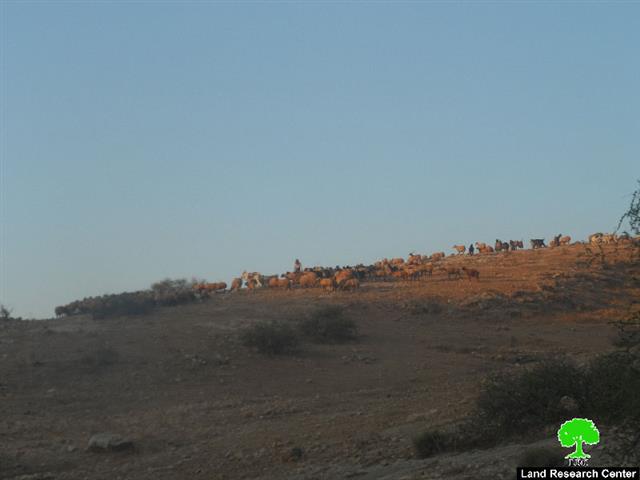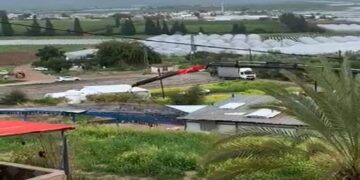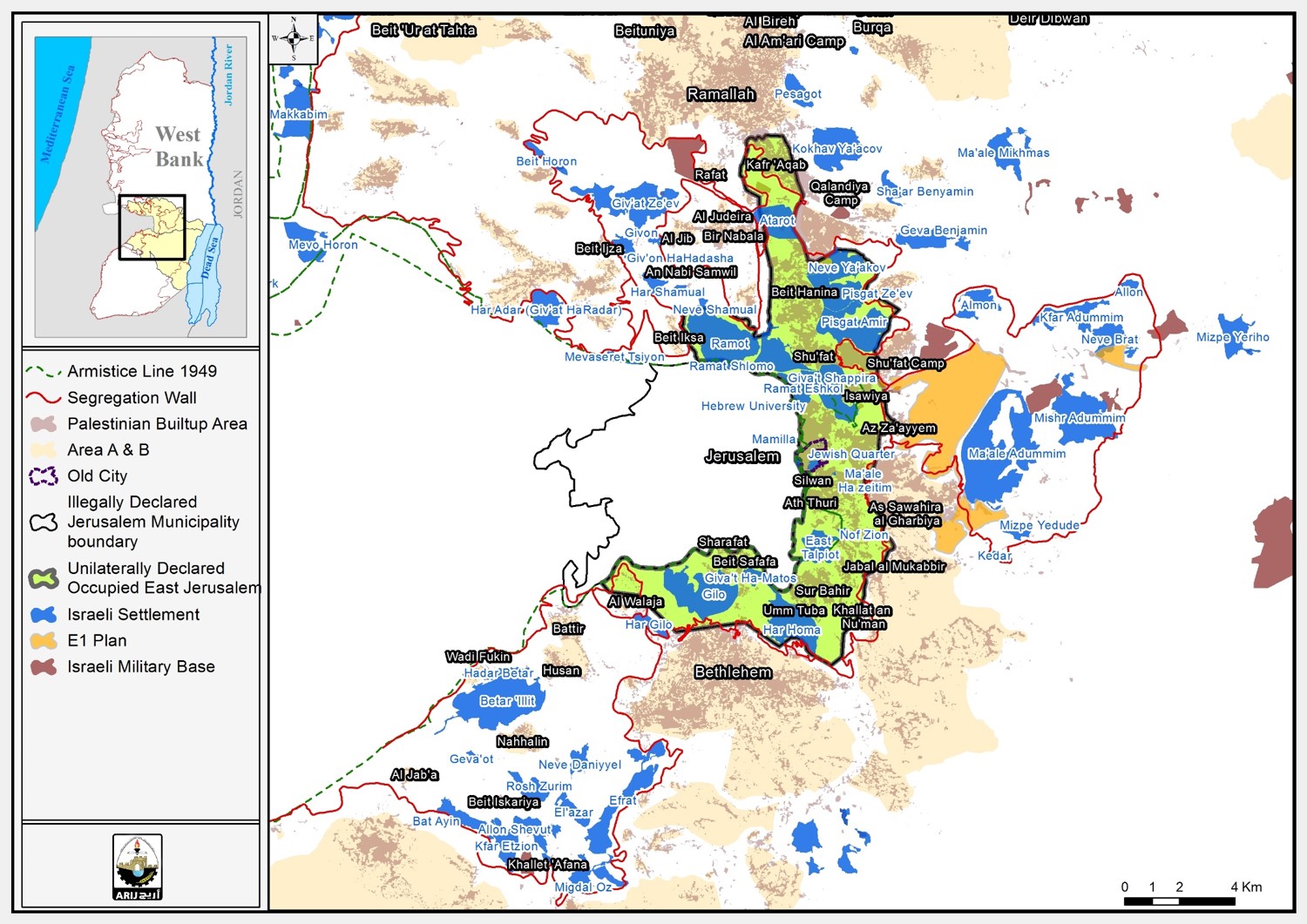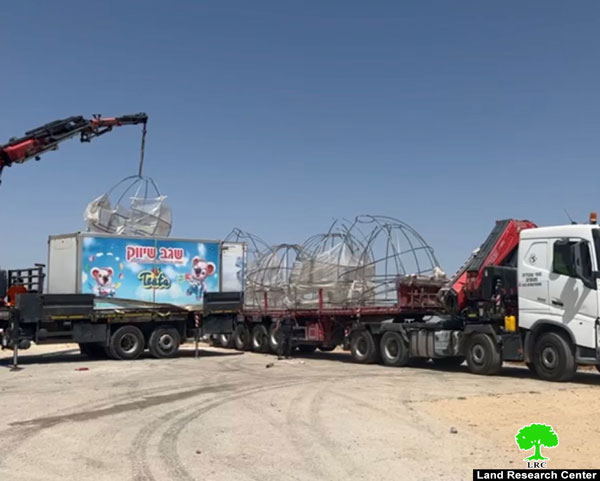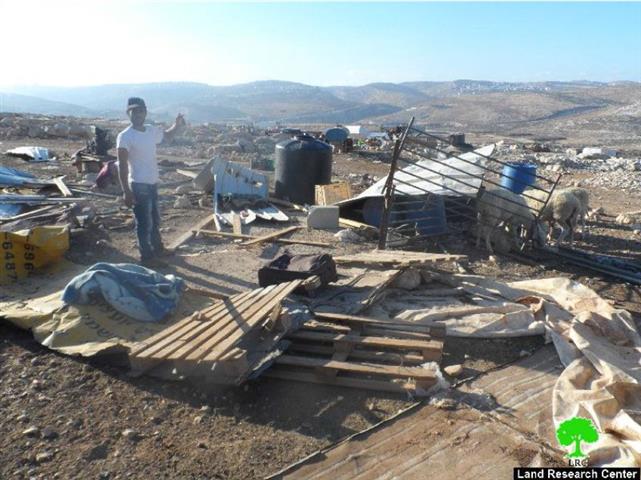Violation: impose complicated restrictions on sheep owners
Location: Wad al-Maleh/ Tubas
Date: 02/10/2014
Perpetrators: the army of the Israeli occupation
Victims: farmers and sheep owners
Details:
The area of northern ghoor has been under a severe targeting on the fauna sector by the Israeli occupation. Residents of the area depend on animal husbandry as a source of income and living within a situation of planned indigenous displacement.
It should be marked that authorities of the occupation confiscated, on September 21st, three sheep under the pretext of these animals present nearby the bypass road no. 80. A fine of 3000INS was imposed on shepherd Mohammad Ka'abna (47). See Map 1
In the same context, a massive force of the occupation raided, on October 1st, the pastoral areas of Khirbet Umm al-Jemal , east of Wad al-Maleh and forced farmer Fahmi Daraghmeh and Mohamad Ka'abna to vacate the pastures, which are located on eastern heights nearby Meskiot colony. soldiers of the occupation threatened farmers of arrest and sheep confiscation if they ever come back to the location.
In the southeastern part of Wad al-Maleh; more specifically in Khirbet Samra, a force of the occupation raided, on October 1st, the area of "Bedouin communities" and compelled farmer Adli Sawafta to vacate the pasture and never graze his sheep again in the area under the pretext of holding military training in it.
In the area nearby of Shilah colony, the troops of the occupation detained citizens Suliman and Ezzdien Ka'abna for more than five hours when they were grazing the sheep, leaving more 400 sheep wandering the place without any guard in the area near the bypass road no. 90. This scene has become familiar for residents of the area since they are not only used to land confiscation and displacement but also to frequent harassment as well.
Photo 1: sheep husbandry in al-ghoor
An area of absolute contradiction:
In synchronization with the aforementioned happenings, the colonies located in the heart of al-ghoor are showing notable growth within their borders, which is represented in "expansion through plantation".
It is widely known that the occupation gives agricultural colonies top priority in terms of development plans, services and facility in tax, transportation and marketing, not mentioning the institution specialist in agricultural hybridization, which in this regard serves at the agricultural development of al-ghoor colonies. On the other side, the Palestinian sector of agriculture would be called modest since the status fauna and flora is critically deteriorating because of the current circumstances of pastures confiscation, fodder price increase, and the occupation targeting the Bedouin communities.
Prepared by
The Land Research Center
LRC

